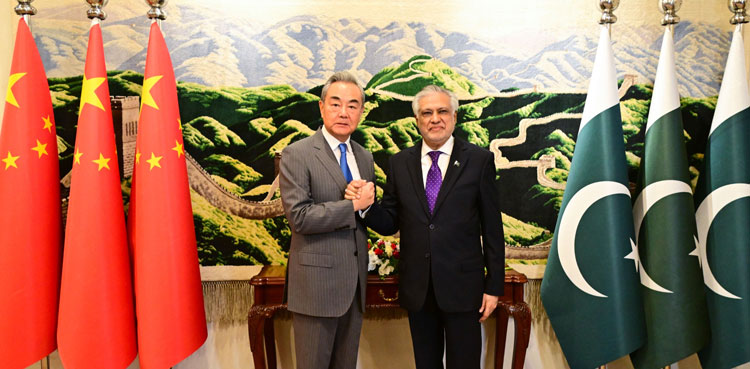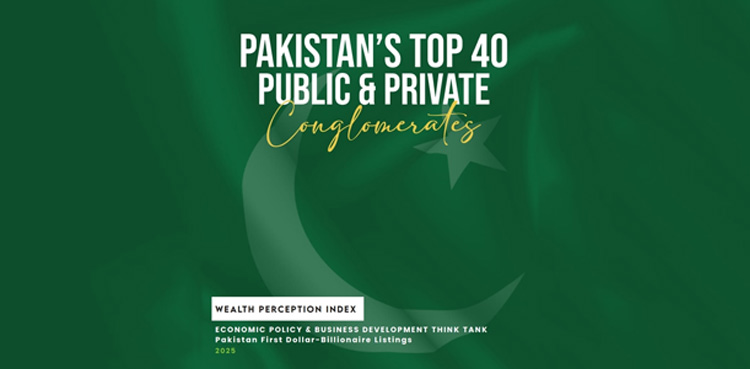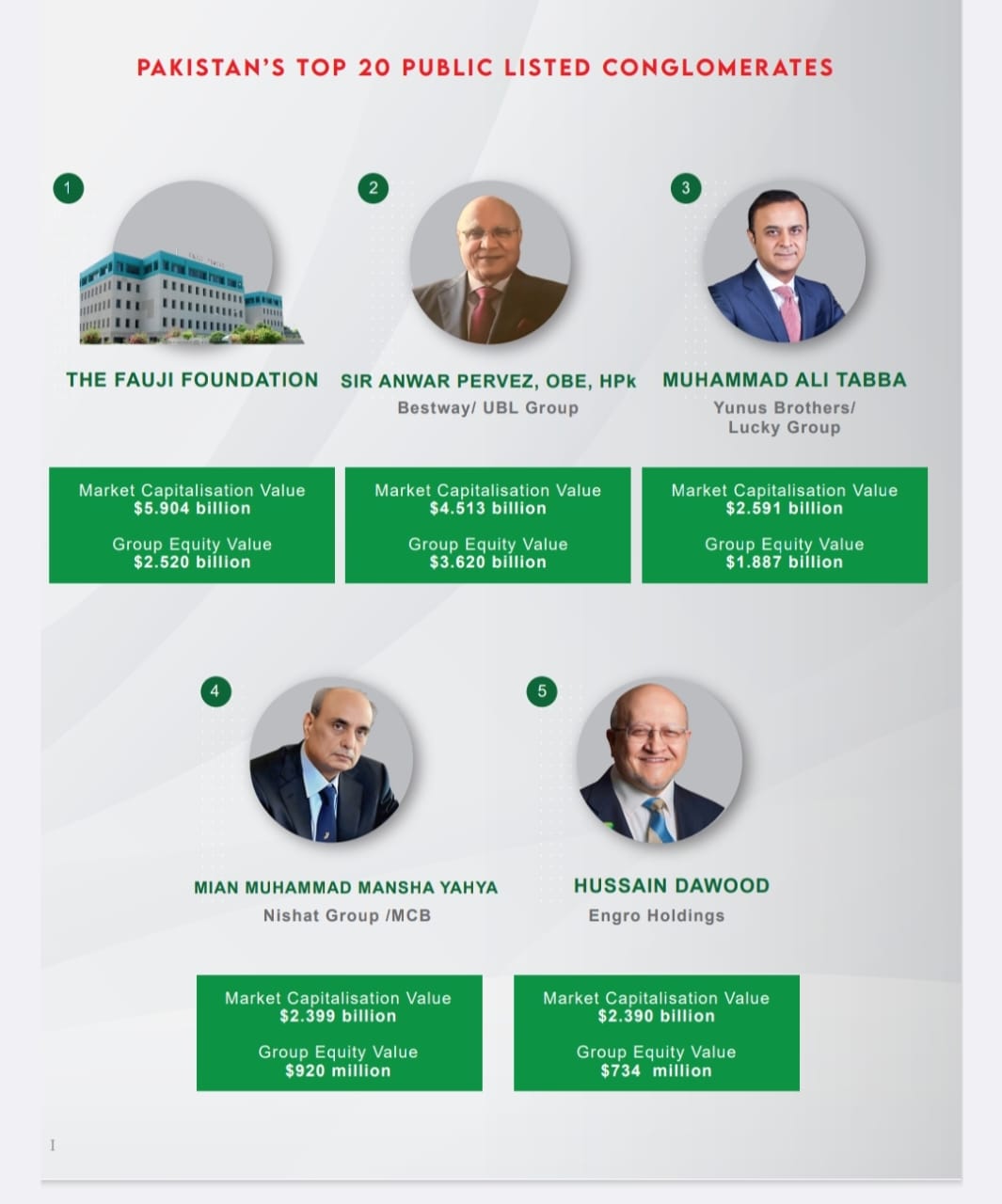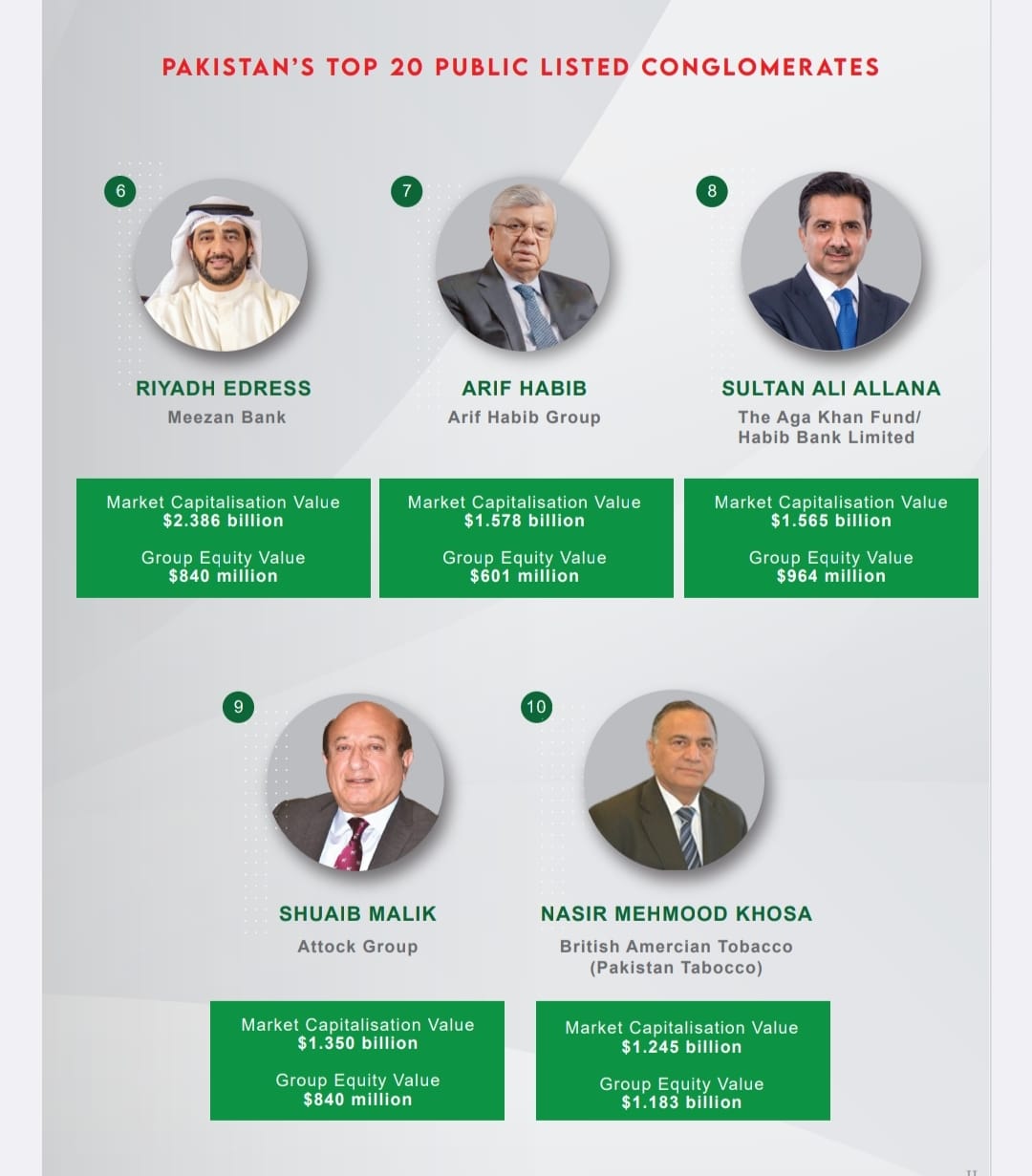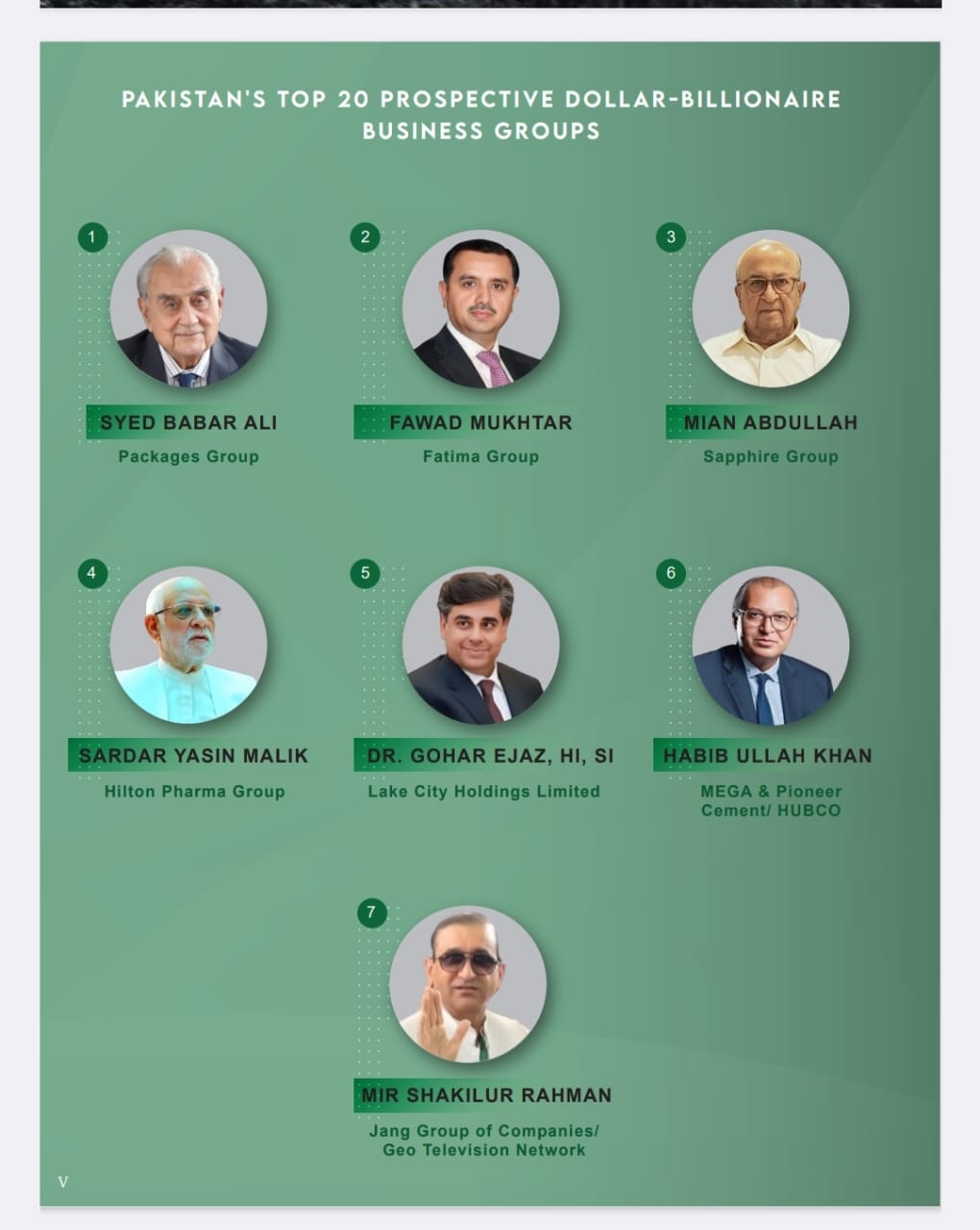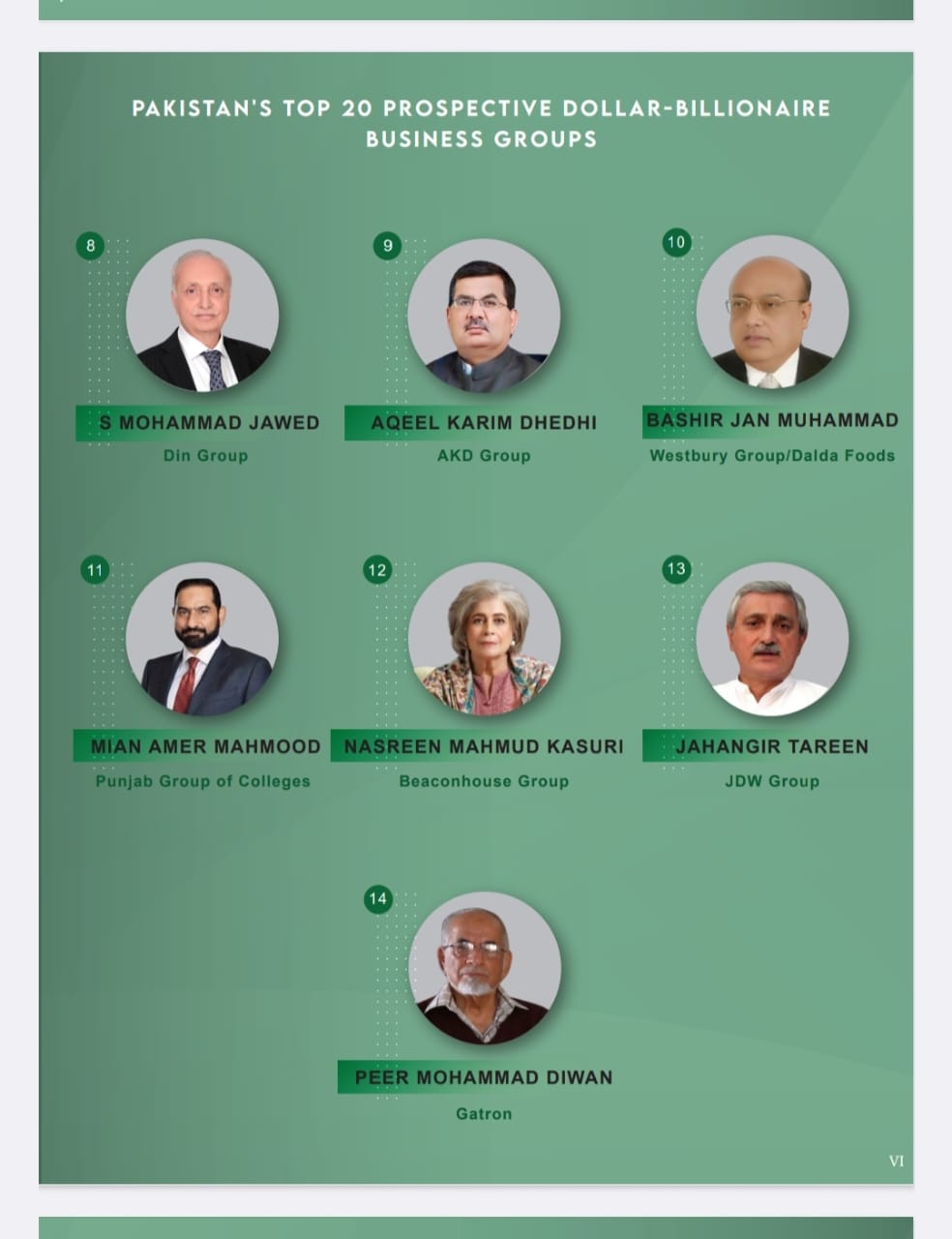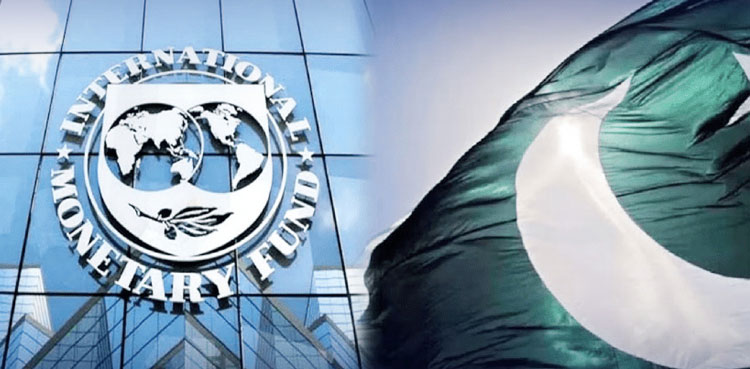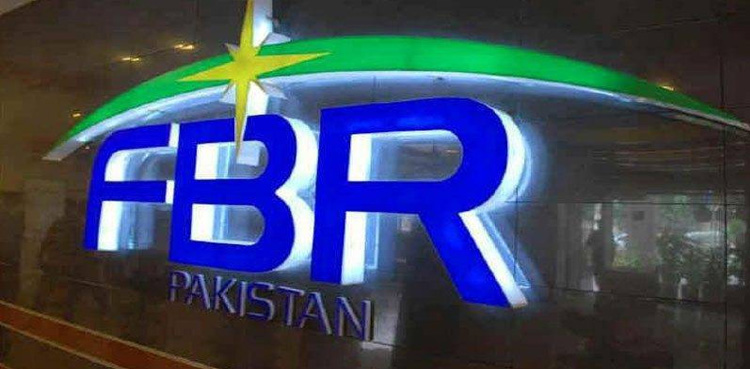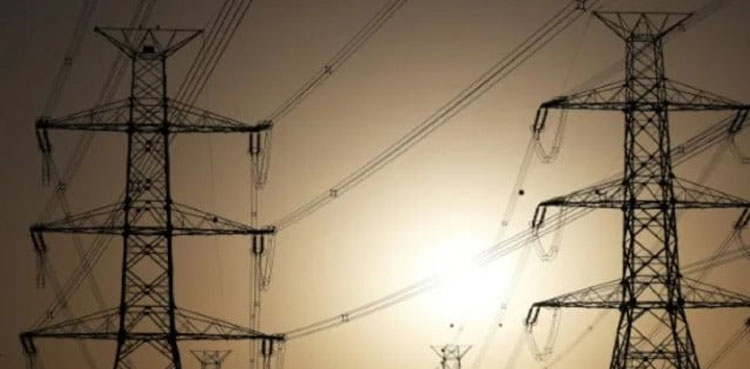ISLAMABAD: Pak Suzuki has hinted at halting its local car production in Pakistan by 2030, citing concerns over the country’s new tariff policies.
During a meeting of Senate Standing Committee on Finance and Industries, Hiroshi Kawamura, the company’s chief executive officer, expressed deep concerns about the future of the local auto industry in Pakistan.
Hiroshi Kawamura said that the government’s new tariff policy could severely damage Pakistan’s domestic automotive sector.
“The opening up of used car imports, particularly vehicles over five years old starting next year, poses a serious threat to local manufacturers,” he warned.
Hiroshi Kawamura said that Pak Suzuki had plans to invest Rs. 40 billion to increase local production of auto parts as it was interested in expanding investment in Pakistan, but the current policy direction is ‘discouraging.’
Hiroshi Kawamura said that the Suzuki Alto has already met standards in Japan, blaming Pakistan’s poor road infrastructure for accelerated vehicle wear and tear.
“There is a vast difference in vehicle condition after 25,000 km between Pakistan and Japan,” he added.
Hiroshi Kawamura further warned that allowing the import of used vehicles would lead to widespread unemployment among local skilled labor. “The new tariff policy could prove disastrous for Pakistan’s local auto industry,” he added
Suzuki has not officially confirmed a shutdown but indicated that without a favorable policy environment, continuing local manufacturing operations beyond 2030 might not be feasible.

